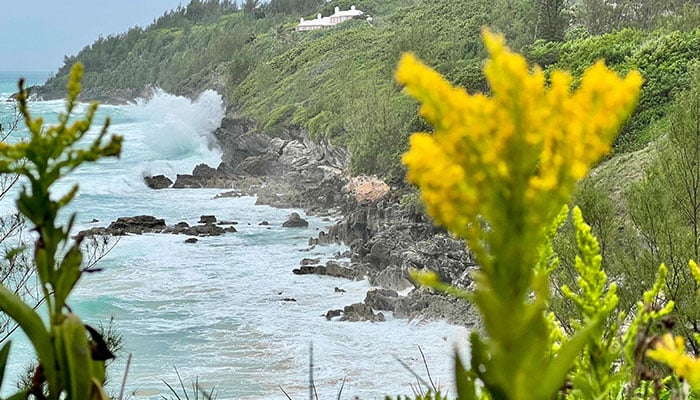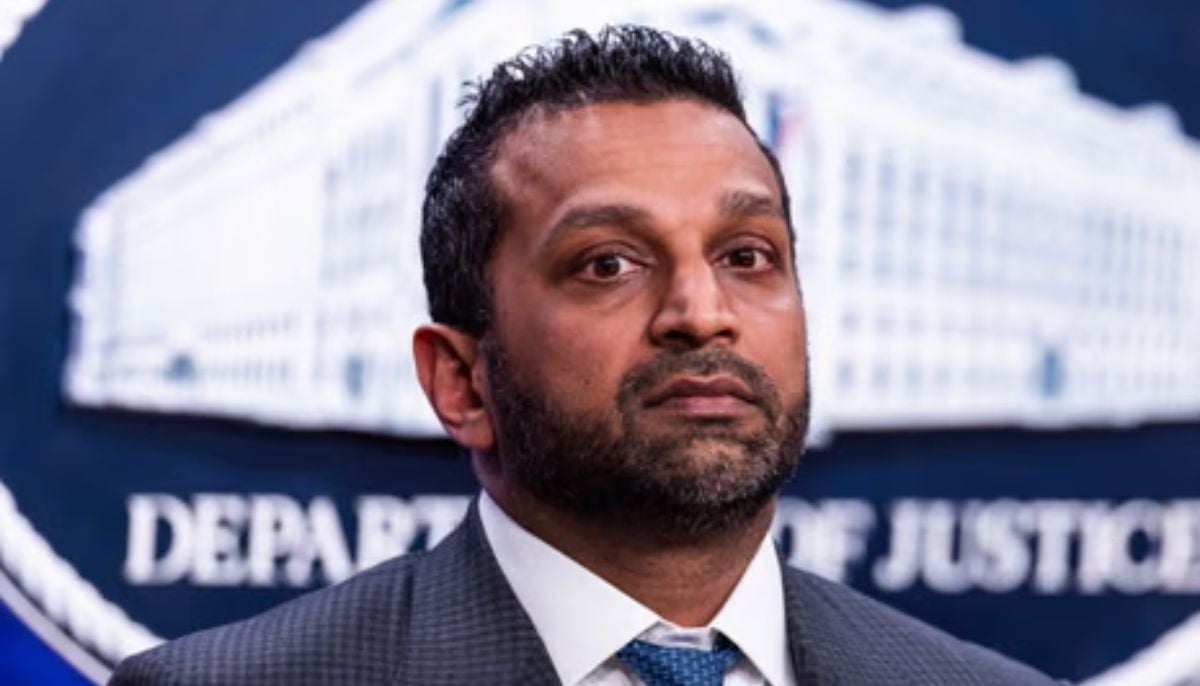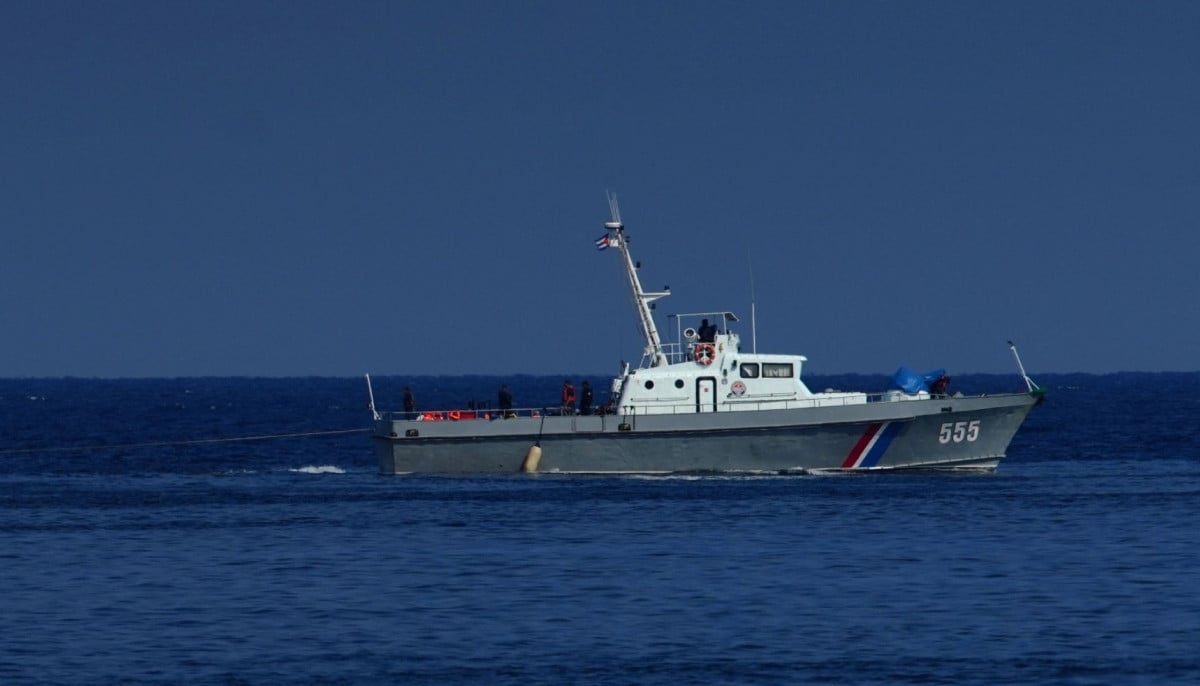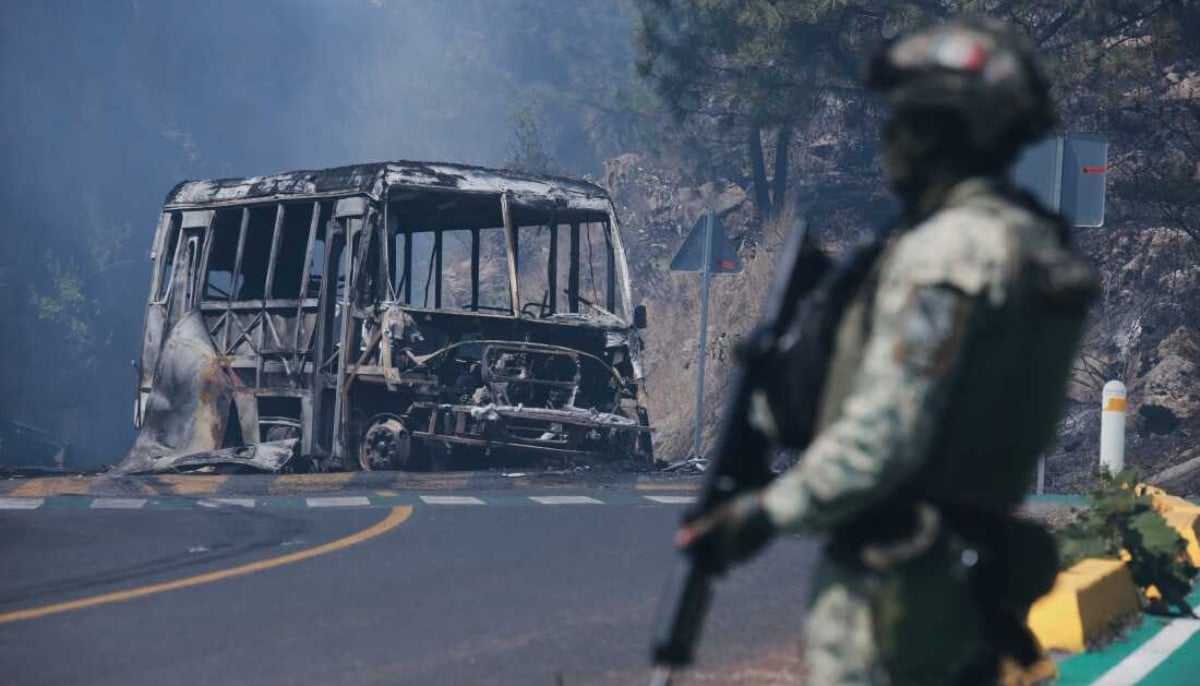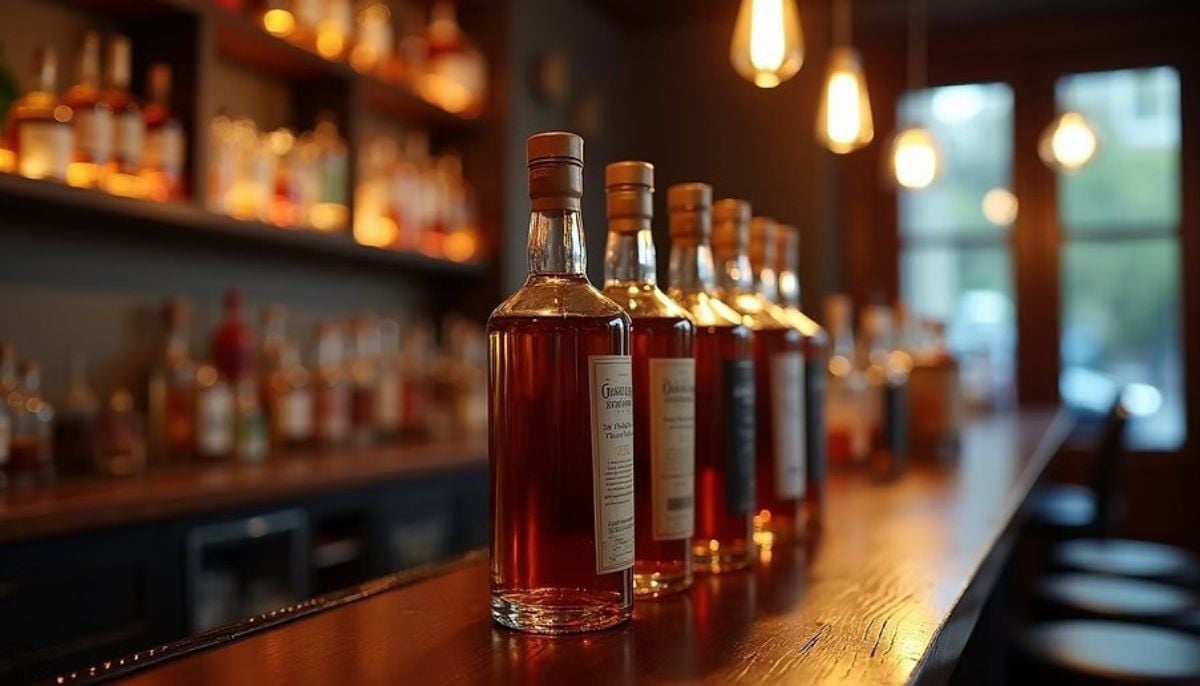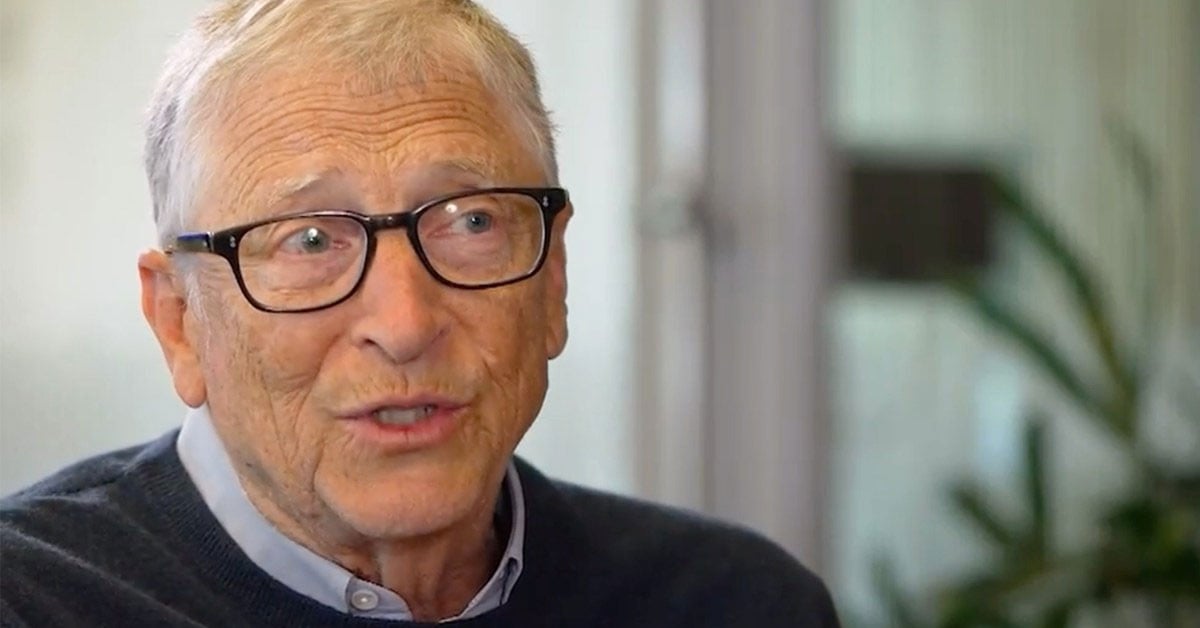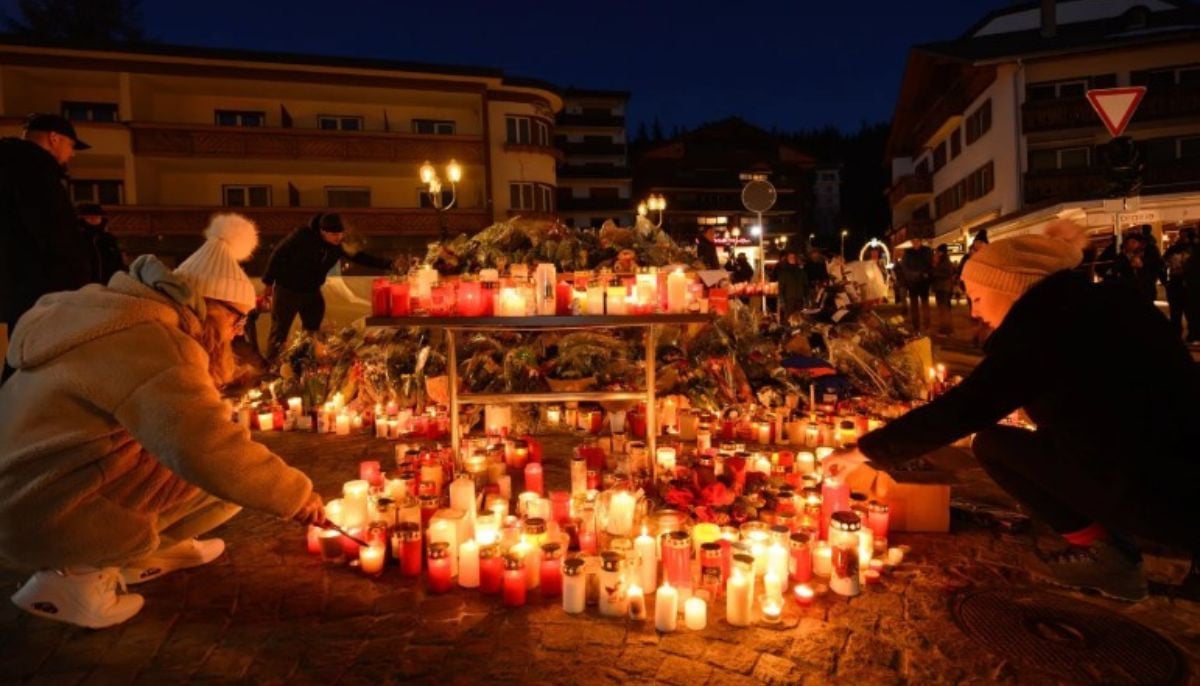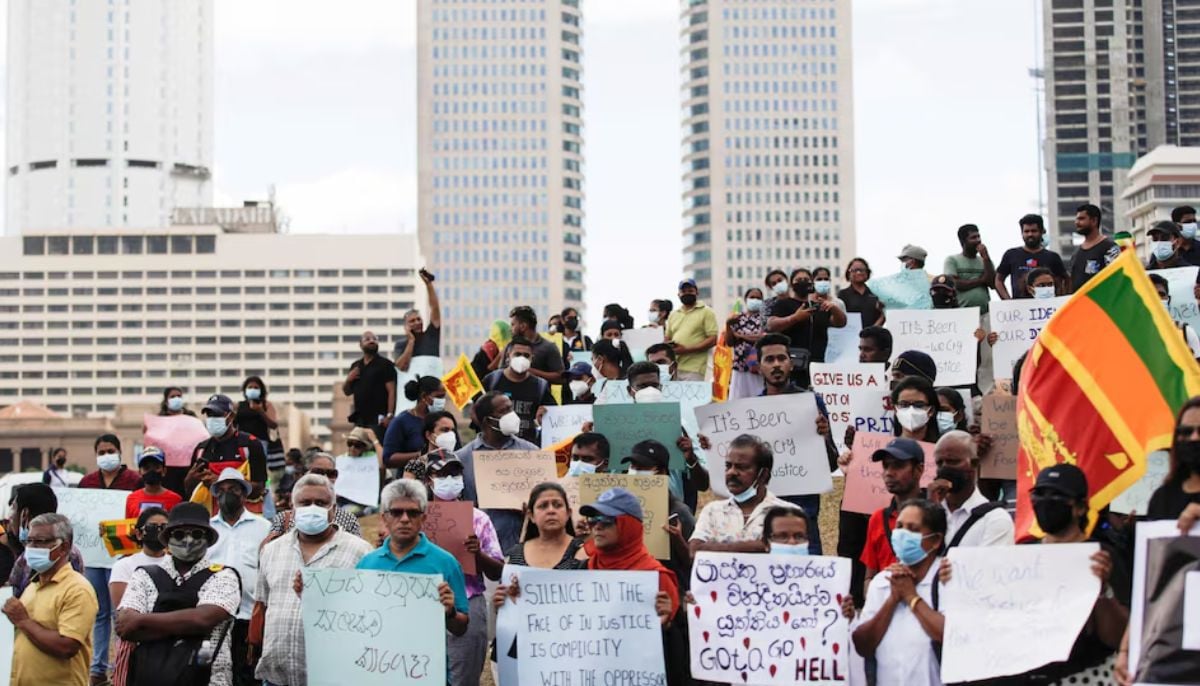Hurricane Fiona bears down on Canada after brushing Bermuda
Fiona leaves much of population without power but caused little damage in Bermuda
MONTREAL: Hurricane Fiona barrelled towards Canada on Friday with Nova Scotia province on high alert after the storm swept past Bermuda, where it left much of the population without power but caused little damage.
The US National Hurricane Centre said Fiona was packing sustained winds of near 125 miles (205 kilometres) an hour and was "expected to be a powerful hurricane-force cyclone" when it makes landfall overnight into Saturday.
"It is certainly going to be a historic, extreme event for Eastern Canada," Bob Robichaud, a meteorologist for the Canadian Hurricane Centre, told reporters.
"It's a major hurricane... All that momentum is trapped within the storm, so it's very difficult for something like that to actually wind down."
In its latest bulletin, the CHC described the storm as a "severe event" that will "impact Atlantic Canada and eastern Quebec with heavy rainfall and powerful hurricane force winds beginning tonight."
At midnight GMT, the hurricane was located just over 200 km south of Sable Island, a small sandy strip off Nova Scotia, and was moving north at a speed of 56 kph, according to the CHC.
Authorities in Nova Scotia issued an emergency alert on phones, saying power outages were likely and people should stay inside with enough supplies for at least 72 hours.
Prime Minister Justin Trudeau called the storm "a bad one," adding it "could have significant impacts right across the region."
In Halifax, the capital of Nova Scotia, stores sold out of propane gas cylinders for camping stoves as residents stocked up.
"Hopefully it will slow up when it hits the cooler water, but it doesn't sound like it's going to," Dave Buis of the Northern Yacht Club in North Sydney, Nova Scotia, told Canadian television.
Puerto Rico hard hit
Bermuda had earlier called on residents to remain inside as strong winds raked over the British territory, but no fatalities or major damage were reported as Fiona passed roughly 100 miles to the west of the island.
The Belco power company said 15,000 out of 36,000 households were without power on Friday evening, with electricity being rapidly returned to many areas.
The Royal Bermuda Regiment said it was waiting for winds to die down before clearing roads. Residents posted images of downed power lines and some flooding on social media.
"We had some minor damage to the premises but nothing serious," Jason Rainer, owner of a souvenir shop in the capital Hamilton told AFP, saying some doors and windows had been blown out.
Store owners had covered windows with metal and wood sheets.
The island of about 64,000 people is no stranger to hurricanes — but it is also tiny, just 21 square miles (54 sq km), and one of the most remote places in the world, 640 miles from its closest neighbour, the United States.
Bermuda, whose economy is fuelled by international finance and tourism, is wealthy compared with most Caribbean countries, and structures must be built to strict planning codes to withstand storms. Some have done so for centuries.
Fiona killed four people in Puerto Rico earlier this week, according to US media, while one death was reported in the French overseas department of Guadeloupe and another in the Dominican Republic.
President Joe Biden declared a state of emergency in Puerto Rico, a US territory that is still struggling to recover from Hurricane Maria five years ago.
In the Dominican Republic, President Luis Abinader declared three eastern provinces to be disaster zones.
-
Chinese astronauts finally reveal why spacecraft left them ‘stranded’ for 437 days in space
-
Sinitta makes shock admission about marriage to Andy Willner post Simon Cowell heartbreak
-
Bill Gates calls ties to Jeffrey Epstein 'huge mistake,' reveals past 'affairs'
-
Switzerland announces one-time compensation for Swiss bar fire victims
-
Ryan Coogler shares thoughts about building community of actors amid 'Sinners' success
-
Heidi Klum gushes over Diplo collab 'Red Eye' despite DJ falling asleep during video
-
Israel behind majority of journalist deaths worldwide, watchdog claims
-
Former Sri Lankan intelligence chief arrested over 2019 Easter bombings
